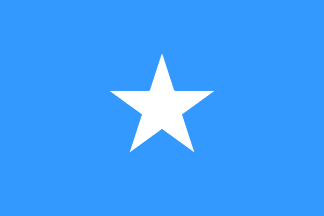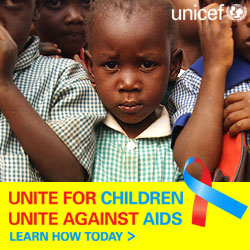BBC Bias Continues
Despite efforts against it Somali nationals, BBC's anti-government bias continues to rear its ugly head. See the article that follows to see the latest one-sided reporting, this time about the National Reconciliation Conference trying to get underway in Mogadishu. This article again shows the point of view from the side of anti-government forces. I believe their poor show of journalism is caused by one or more of the following factors:
* Lazy BBC journalists and editors who don't think both sides need to be represented.
* Ignorant non-Somali BBC journalists who have trusted sources that only feed them anti-government interviewees and story lines.
* Staff who don't think any of its readers will really care what they report about Somalia.
* Anti-government Somali BBC staff who have convinced their editors that their viewpoint is the correct viewpoint on the situation in Somalia.
Most appalling in the latest BBC story is the large quote by 'an opposition leader' that reads, "There is no clan conflict at the moment in Somalia but there is a political conflict." Is this really passing as for truth on the BBC? Clan conflict is in fact the MAIN reason why there still exists strife in Somalia. Leaders from around the world, from the AU, IGAD, and the UN all recognized this which is why they called on a clan-based reconciliation conference to be urgently held.
This shifting of the focus from the idea of clan-related to politically-related strife in Somalia by BBC journalism is giving a voice to falsehood and to the continued empowerment by a radical fringe of of Fundamentalists who are dominated by the Hawiye clan. For a more balanced article on the attempted reconciliation conference see the article from the International Herald Tribune here.
===========================================================
 Security has been stepped up around the conference |
Organisers postponed the conference until Thursday to allow more time for all the delegates to arrive.
Several mortar shells landed near the venue on Sunday, injuring civilians, but President Abdullahi Yusuf said violence would not deter the talks.
The main Islamist opposition have refused to attend, saying the venue is not neutral.
Somalia has been without a functioning government for 16 years.
Clan focus
Hundreds of Ethiopian and Somali government troops are patrolling the streets in Mogadishu and guarding the former police warehouse where the talks will be held.
Over 1,000 clan elders, former warlords and politicians from across the country have been invited.
The opposition Islamic Courts, who were driven from the city by Ethiopian and Somali forces and who are now mainly in exile in Eritrea, say they cannot attend because of the presence of their Ethiopian enemies.
![]()
![]() There is no clan conflict at the moment in Somalia but there is a political conflict
There is no clan conflict at the moment in Somalia but there is a political conflict ![]()
Opposition member
A number of delegates from the international community who had planned to attend the opening ceremony were unable to, when their flights were cancelled over security concerns.
When talks begin, they are expected to focus on clan reconciliation, disarmament and sharing natural resources.
But critics say clan conflict is not the major problem and the focus should be on reconciliation between political and armed groups.
"The conference would make sense if it was bringing rival politicians and armed groups to the same table," said Ahmed Diriye, a spokesman for the powerful Hawiye clan.
"But if the idea is to talk about a non-existent tribal conflict, it's a waste of money and energy."
"There is no clan conflict at the moment in Somalia but there is a political conflict," Yusuf Hassan Ibrahim, a member of an opposition alliance linked to the Islamic Courts told the BBC.
"We are calling for a national reconciliation conference which will deal with the differences between the Transitional Federal Government and the other stakeholders, including former parliamentary groups, the Islamic Courts, civil society and the Somali diaspora."




No comments:
Post a Comment